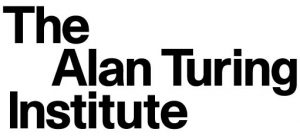AIM Industry Showcase Event
On Tuesday 29th October, we held an AI and Music Centre for Doctoral Training (AIM CDT) showcase event for our industry partners and collaborators featuring some of the research AIM CDT students do. We introduced the AIM CDT and outlined potential collaboration opportunities, including with C4DM academics and their research interests. We also discussed research ideas, including potential PhD topic and internship proposals.
Several AIM students presented their work:
- Franco Caspe “Low-Latency Neural Audio Synthesis for Interactive Performance”.
- Xavier Riley “High Resolution Guitar Transcription”.
- Jingjing Tang “AI-Driven Transformation of score MIDI into Expressive Piano Performance“, Demo
- Soumya Sai Vanka “Context-aware and Controllable Multitrack Music Mixing System”.
- Christopher Winnard “Brain-Computer Interface related work with around-the-ear EEG recordings“.
Further information about the AIM CDT can be found here: UKRI Centre for Doctoral Training in Artificial Intelligence and Music. More information about C4DM researchers is available here: c4dm.eecs.qmul.ac.uk/people. You can get in touch with us for further information, including for requesting a recording of this event.
 On 10-14 November 2024, several AIM researchers will participate at the
On 10-14 November 2024, several AIM researchers will participate at the  AIM PhD student
AIM PhD student